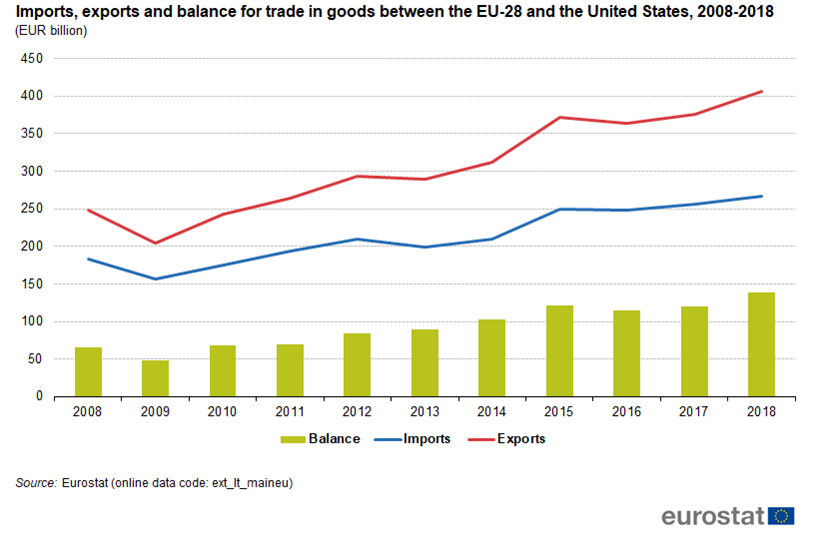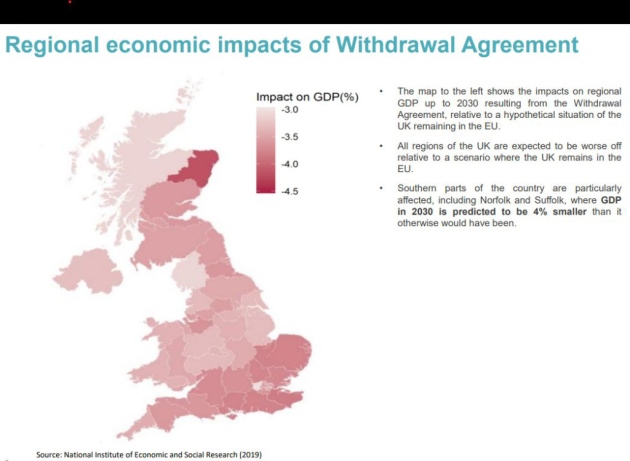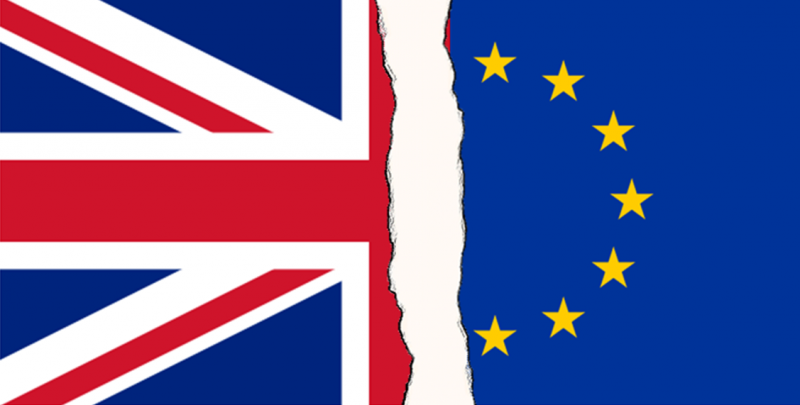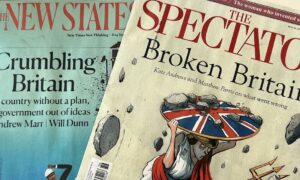Freed from the European Union tyrannical oppression, what will the first day post-Brexit be like for those rebellious Britons taking back control? Pretty much just like when they were under the EU jackboots, because for all intents and purposes, the UK will continue to follow most EU rules through the end of 2020.
Virtually nothing changes other than Nigel Farage is no longer in Brussels sucking on the EU tit as a member of the European Parliament. European Commission members are making sure of that, sending out a diplomatic note to 160 countries asking them to treat the UK as if it were still a member of the trade bloc.
EU officials are trying to make the 11-month transition period through 31 December as painless as possible as they shake down Boris & Co. for concessions on everything from fishing rights to the Irish border.
The good news is, unlike with a hard Brexit, nothing much will change for EU or British expats, travelers or businesses through the end of the transition period. Though a hard Brexit remains a very real possibility if negotiations go south.
That’s the good news.
The bad news is, in economic terms, Brexit makes zero sense:
• Brits have a lot of work to do in the 11-month transition period, including completing an estimated 600 treaties and agreements with countries around the world covering everything from fishing rights to cooperation in intelligence and counter-terrorism.
The Financial Times reports the UK has already signed 20 trade agreements, including with South Korea and Switzerland. But things aren’t looking so great for a treaty with the largest economy in the world as Boris defies Trump, siding with U.S. nemesis Huawei in the battle over 5G.

The Express and other tabloids feed their readers a non-stop buffet of pro-Trump tripe. While United States trade with the EU has risen dramatically during recent years, the U.S. doesn’t really need anything specifically from the UK, which puts the Brits in a particularly weak bargaining position.
(Note to Boris: Trump tends to disparage democratic leaders as “weak” while embracing autocrats and despots. Channel your inner Putin.)
• London will remain the dominant financial and tech center, but everyone knows that giant financial firms have relocated to Frankfurt, Amsterdam and Luxembourg to keep doing business in the EU. And with those firms, much of London’s top management and finance talent. Of course, most auto production in Britain is going elsewhere to maintain access to EU markets. But second-tier companies are relocating as well, and that’s painful for local economies.
Facebook just announced 1,000 new jobs in London, but increasingly, Dublin and Berlin are the destinations for U.S. tech giants … and the winners in the global war for tech talent.

• Reports by Bloomberg and other financial media and research groups predict a Brexit bump if the EU and UK can hammer out agreements and eliminate some of the economic uncertainty. But a report by Bloomberg Senior Economist Dan Hanson predicts “lasting trade hurdles and lost efficiencies will plague (British) economic recovery for years to come.” Hanson’s report finds that Brexit has cost the UK about 130 billion pounds so far in diminished economic activity due to uncertainty.
• The British Chamber of Commerce is also bearish on the UK economy, predicting a slow down to basically zero-percent growth in GDP for 2020, and the Bank of England agrees.
We’ll stick to our prediction from 2016 when we wrote “Bitter, table for one.”
• The push to make the UK great again will probably cost the “empire” Scotland, which voted heavily to stay in the EU. Scottish independence would instantly slice off 15 percent of Britain’s GDP.
• Ireland will become a flash point, with Northern Ireland leaving the EU as part of the UK, but sharing a border with the Republic of Ireland, which remains in the trade union. Just how that border will look is still under discussion.
And now for a personal note: I’m no Anglophobe. My grandfather was Edward Fouree Fairfax, descended from a family in Virginia, the most Anglophile state in the union.
My mother spent most of 1953 in London as the guest of a woman who had worked in British intelligence. Growing up, we read Dickens, Shelley, Keats and Evelyn Waugh, and we memorized Kipling.
My expat family still binge-watches “The Crown” and “Downtown Abbey.” “Treasure Island” and “Brideshead Revisited” are still my favorite books. As kids, we drove MG Midgets, Triumph TR6s and Spitfires. We had BSA and Triumph motorcycles. We worshiped British rock stars.
In fact, this post is inspired by a line from The Who:
And the parting on the left
Is now the parting on the right
And the beards have all grown longer overnight
The truth is, I hope I’m wrong, along with every other objective news source, economist and think tank. Maybe Brexit will make the UK great again … whatever that means. But let’s face it … globalization has not been kind to England, eclipsed by Japan, the U.S., Germany and now China.
Having escaped the deprivations and political blunders of Labour governments, the UK has swung not just right, but reactionary right, with a vengeance.
Boris and Moggsy have sold Brexit as a return to a golden age that ended in 1922. Both “Brideshead” and “Downtown Abby” explore that era, the showdown between Victorian England and the modern industrial age.
Spoiler alert … the Victorians don’t win.
Never, ever has history moved backward no matter how much some people wish it would.
You can see Dispatches’ Brexit archive here.
Co-CEO of Dispatches Europe. A former military reporter, I'm a serial expat who has lived in France, Turkey, Germany and the Netherlands.















